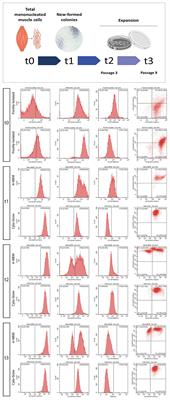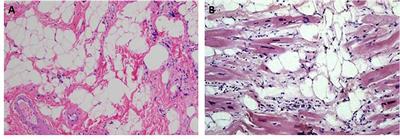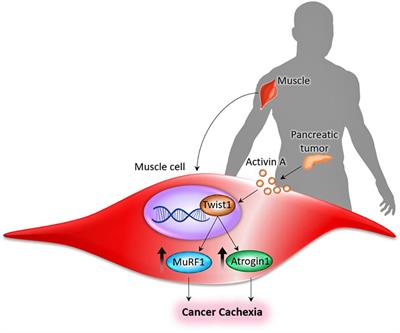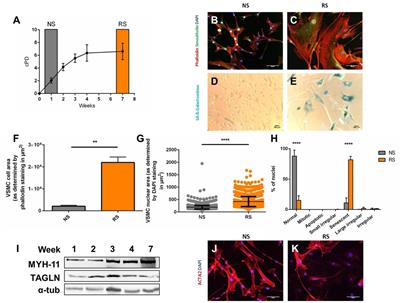ORIGINAL RESEARCH
Published on 25 Jan 2021
A Longitudinal Study of T2 Mapping Combined With Diffusion Tensor Imaging to Quantitatively Evaluate Tissue Repair of Rat Skeletal Muscle After Frostbite
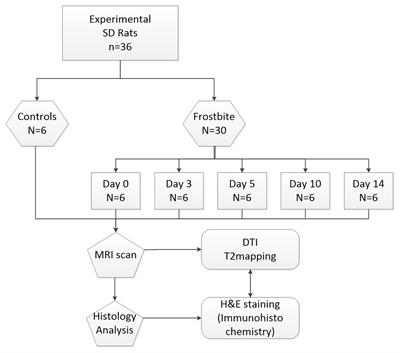
doi 10.3389/fphys.2020.597638
- 2,107 views
- 5 citations

